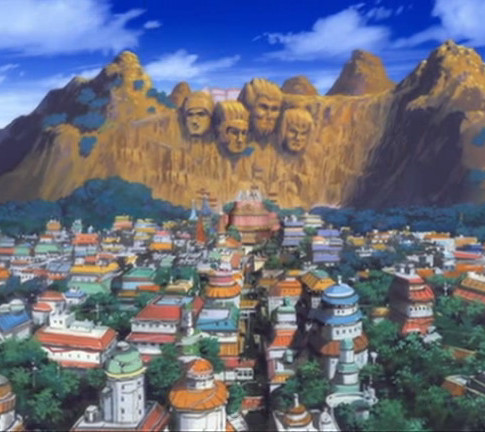Terminology Matters: Shinobi v.s Ninja
- Mary
- Dec 13, 2017
- 3 min read
Updated: Jan 31, 2019
So far, watching Boruto has been a roller coaster of an experience. Sometimes it is an exciting adventure, other times a bit of a snore fest. But, as a huge Naruto fan, my favorite thing is seeing Konohagakure and the Naruto world open up and develop in the way it has. The advancement that has taken place in roughly ten years is truly amazing. I suppose when there’s no war, people get bored and start making stuff. But the new world of Boruto isn’t just for show, it is a fully realized landscape that affects every character and encounter we’ve seen thus far.
This new, peaceful setting has influenced the next generation in every way, including their language. This major instance that stood out to me (although, it’s probably only noticeable if you watched Naruto in Japanese). Naruto wants to be a shinobi. Boruto wants to be a ninja.
The father and son use different words here: shinobi and ninja. Weird, right? Does it matter?
I think it really matters.
This isn’t an accidental choice. Changing the terminology the new generation uses implies that times have truly changed— that Naruto and his friends did change the world. You can see it through their children.

In Naruto, the word “ninja” was rarely used. You were a "shinobi," a tool to carry out stealth missions and fight wars between neighboring regions. Shinobi is derived from the Japanese word しのぶ (shinobu) which means “to sneak.” Shinobi are assassins and spies; there is nothing glamorous or desirable about them. In Naruto’s generation, the class size at the academy was much smaller, filled with children from shinobi families who are becoming war machines to fulfill their legacies. There are no Denki’s or Wasabi’s that are there because they think being a ninja would be cool. Team 7 grew up in a war-torn Konoha. They became shinobi out of necessity, to survive and bring change— not to play around with summoning jutsu.
The generational contrast from Naruto to Boruto is inherent in the latter’s choice of dialect. To Boruto, his dad is a ninja, a suave action hero on trading cards like Kagemasa. He trying to be a ninja because he’s good at ninjutsu and wants to prove something to his father. Hanging out with his friends and going on ninja adventures together is fun. And it’s not just Boruto. All the kids say it, they want to be ninja. But is there severity in the word? Ninja and shinobi are the same, but viewed so differently in this time of peace. The Academy isn’t the only school in Konoha anymore; students can graduate and choose not to be ninja. Peace has changed society, making the children naïve and soft. Ninja are cool, they say. I want to be a ninja like my parents.
Enter Kakashi.

“You don’t have what it takes to be a ninja,” he tells Boruto in episode 36/37. Now this is a shinobi who has seen wars and bloodshed. “You underestimate what it means. You haven’t even begun to imagine it. Will you break your arm to free yourself?”
In my mind, I heard something else.
Are you a ninja or are you a shinobi?
Over time, Boruto is going to learn a hard lesson: ninja and shinobi are the same. Different words for the same job. It is not glamorous and rewarding. Being a ninja is a constant state of conflict and violence. I think it’s a brilliant choice by the writing team to add this subtlety in the kids’ language. The Naruto franchise is not known for being subtle, but it adds another dimension to peaceful Konohagakure. I think the contrast will turn out to be powerful verbal symbolism.
Will the age of shinobi be forced to return? Will the nation’s strongest bear headbands with their mission etched into steal to face a dark foe once again, as they did in the Great War? Probably. This is a shonen we’re talking about. But I am excited to see Boruto and his friends change from the definition of ninja they have in their minds to true shinobi. It will be brutal and eye-opening for them, but it’s what they signed up for, whether they know it or not.





